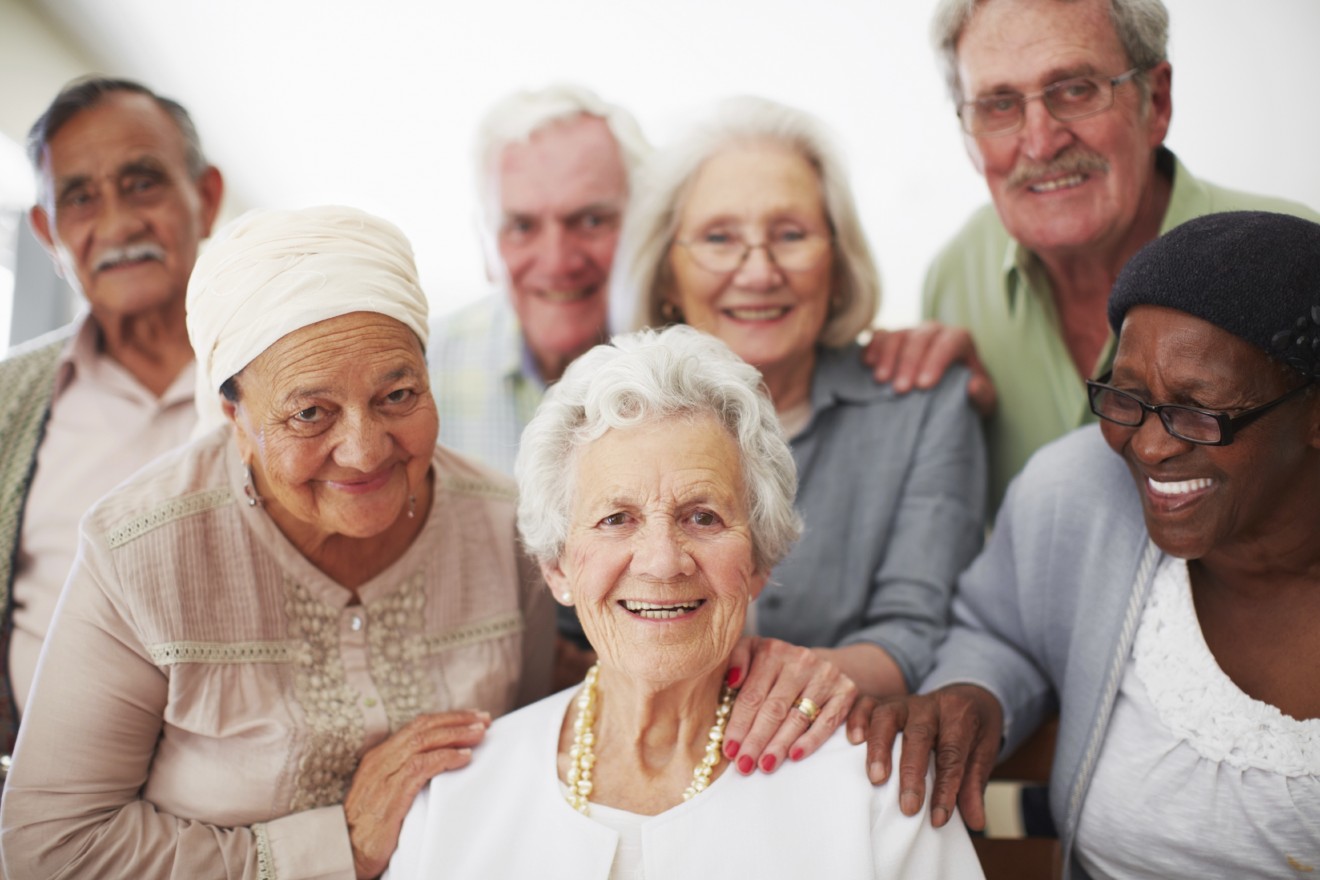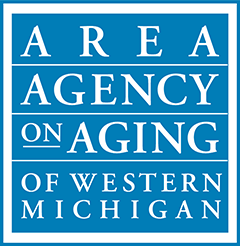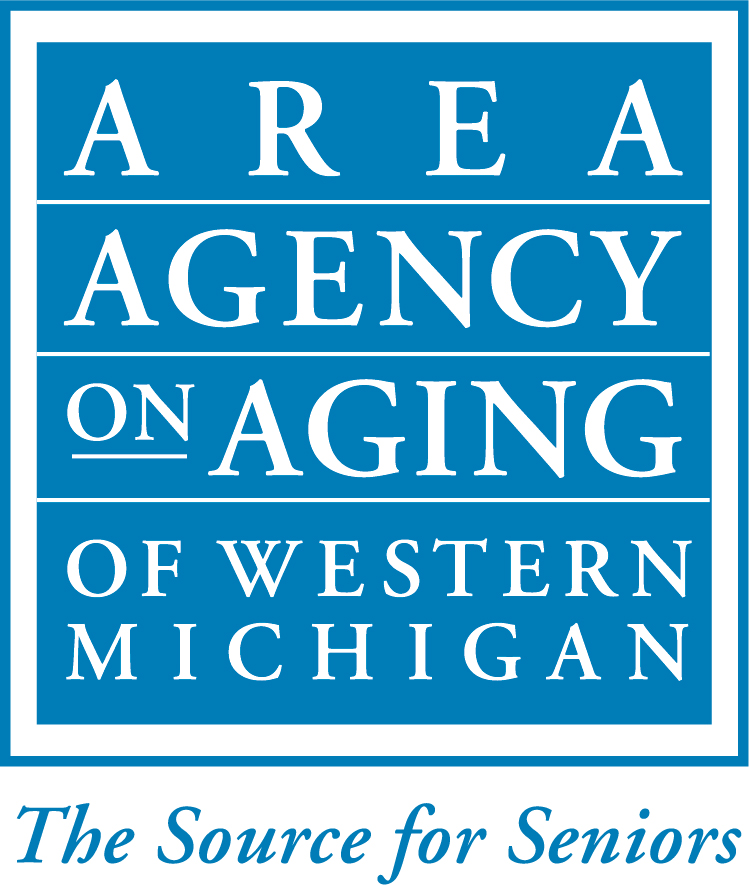Articles
Many Hands Make Light Work

Many Hands Make Light Work
Regina Salmi
Area Agency on Aging of Western Michigan
Caregiving for a loved one with dementia is a difficult job. Depending on the progression of the disease, the simplest tasks can often seem impossible – taking a shower, picking up a few items from the grocery story, keeping a hair appointment. Asking for help from family and friends seems like too much and accepting offers of help can feel overwhelming, ‘Where would I start?,’ we think. The Many Hands program helps caregivers access the support networks they may not realize they already have.
A majority of family caregivers, 60% according to the AARP, still work outside of the home. Stephanie Hecksel, Outreach Specialist at Area Agency on Aging of Western Michigan observes, “It is common to see caregivers helping out with household chores, errands, and transportation for a loved one while trying to balance time with their own personal responsibilities.” As their loved one’s needs increase, the caregiver puts their personal responsibilities aside to dedicate themselves to the needs of their loved one. This leads to increased stress and/or burnout, can take a toll on other relationships and even affect one’s employment. This is where Many Hands comes in. With the help of a Licensed Social Worker, participants in the Many Hands program receive help with organizing their friends, other family members, neighbors, church members, co-workers into a network of willing helpers and to restore some balance to their own lives.
Asking people for help is difficult, too difficult for many of us to pick up a phone and reach out to a friend, or accept the help extended by people in our community. Hecksel acknowledges, “It can be difficult to ask for help for many reasons, including feelings of inadequacy as a caregiver or simply feeling overwhelmed by having to reach out for support and how to accept help it without feeling like a bother. Likewise, the people in our lives who would like to help are not sure how to go about it, what they can do or what needs to be done.
One of the most unique aspects of Many Hands is that you don’t have to be the one to ask for help. Julie Alicki, LMSW and Certified Advance Dementia Practitioner, describes, “Many Hands takes the pressure off of you by having a trained Social Worker handle the entire meeting. As a caregiver you attend, but we do the explaining.” Hecksel agrees, “Rather than the caregiver being expected to take on yet another responsibility of coordinating care, Many Hands will provide that assistance.” All the caregiver needs to do is come up with a list of people in their current social circle who may be willing to help provide support with tasks such as laundry, yard work, meal preparation or spending time with a loved one to give the caregiver a rest and time for themselves.
How does it work? The caregiver makes a list of potential helpers. When the Social Worker receives this list, they will send invites and organize a Caregiver Support meeting. At the meeting, the social worker will educate participants on dementia along with behaviors that may be present with the disease. They will also go over the effects of stress on the health of the caregiver, present the tasks identified by the primary caregiver and ask for support in these areas. Once a list of helpers is established, the Social Worker will prepare the Caregiver Calendar used to organize and communicate with helpers. “Many hands make light work” and this is the goal of the Many Hands program.
Many Hands is free and available to caregivers in Allegan, Ionia, Kent, Lake, Mason, Mecosta, Montcalm, Newaygo and Osceola counties. To learn more about this program, contact Area Agency on Aging of Western Michigan at (888) 456-5664 or email [email protected]. More information about all the services available through AAAWM can be found at www.aaawm.org.
Tagged:

